Key Insights into Arts and Crafts Style Architecture
Diving deep into the architectural nuances of Arts and Crafts style, this article distills essential insights from an enlightening discussion with Richard Duffy, a historical expert featured on "This Old House". The conversation sheds light on the subtle and overt characteristics that define this architectural style, ranging from early subtle examples to more pronounced ones like the Craftsman Colonial. Here, we summarize the pivotal elements that set Arts and Crafts architecture apart.
Key Takeaways:
Subtle Beginnings: Initial styles of Arts and Crafts feature understated elements like paired window panels and half-timbering, often overlooked due to their simplicity.
Material Mastery: The use of Portland cement and half-timbering not only as structural elements but also as aesthetic details highlights a key aspect of this style.
Craftsman Colonial Influence: A blend of Craftsman and Colonial features, such as deep overhanging eaves and colonial revival doors, showcases the style's adaptability and regional variations.
Nature Integration: Characteristic elements like stone piers in bungalow-style homes emphasize the Arts and Crafts movement’s philosophy of blending architecture with natural surroundings.
Interior Excellence: The tour of Stonehurst illustrates the grandeur of Arts and Crafts interiors, from handcrafted wooden carvings to inglenooks, celebrating individual craftsmanship and the use of natural materials.
Explore the timeless elegance and intricate details of Arts and Crafts architecture, from subtle exterior features to richly crafted interiors.
#artsandcraftsstyle #architecture #homeimprovement #craftsmanship #historicalhomes






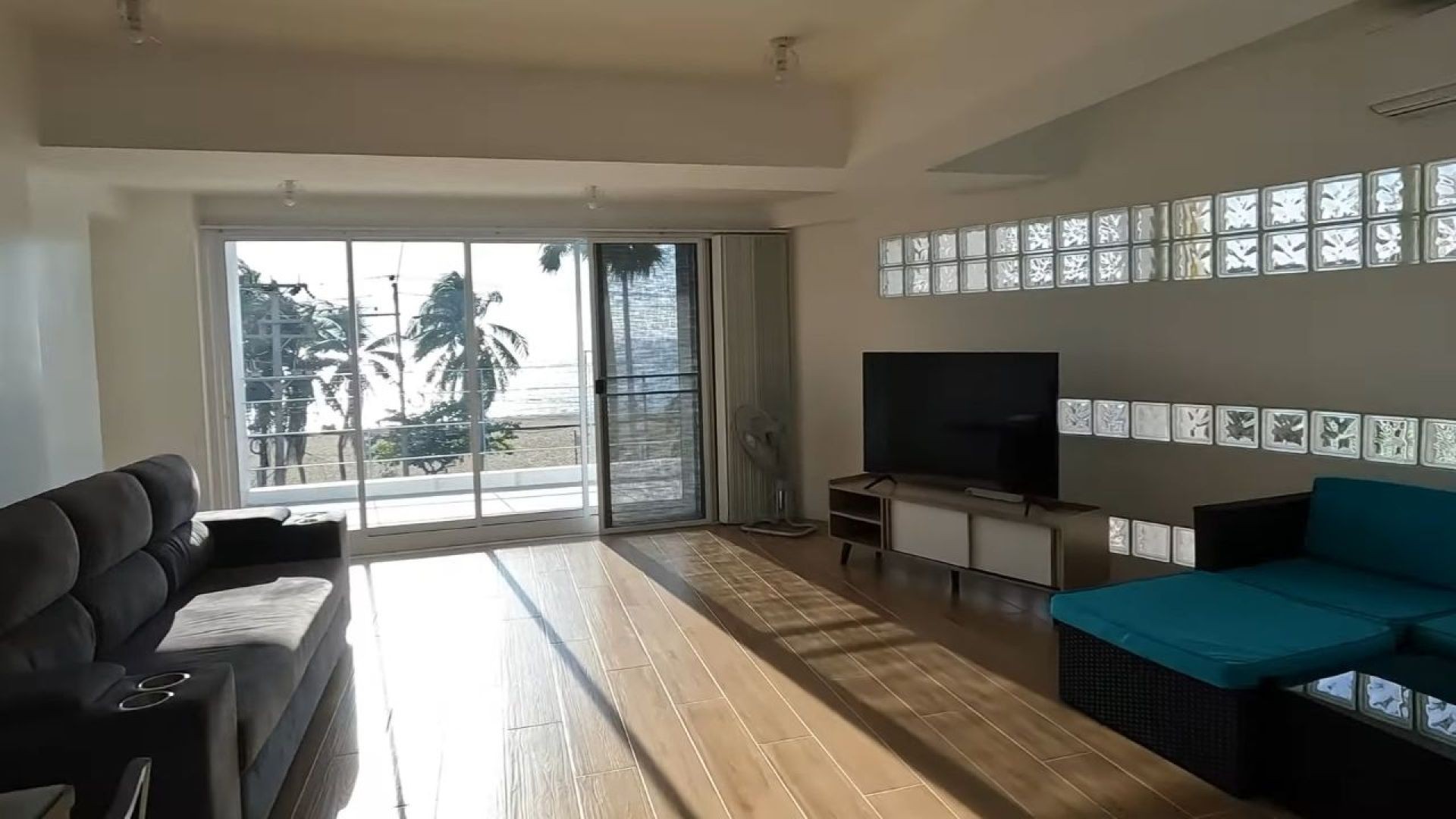


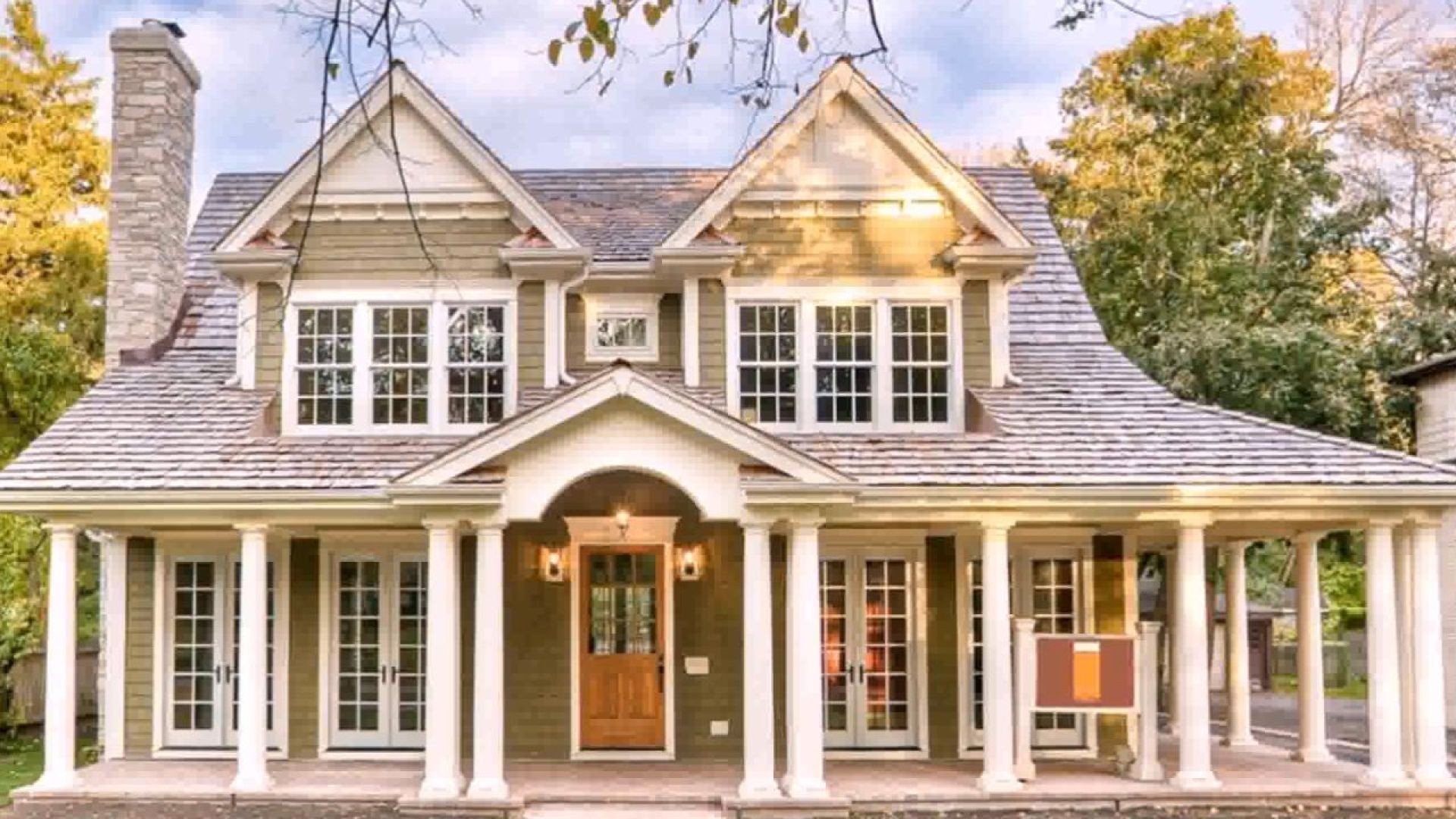
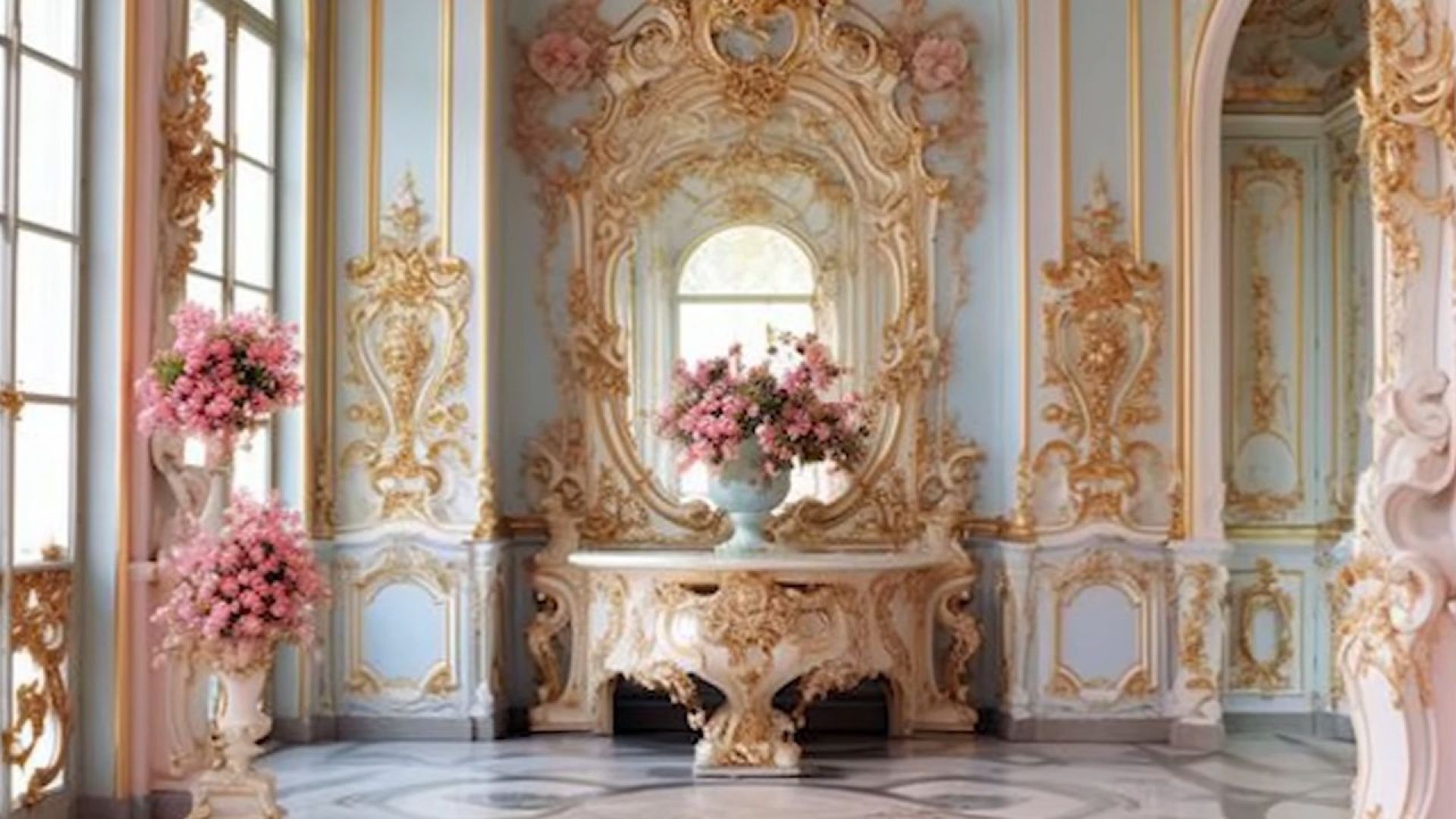




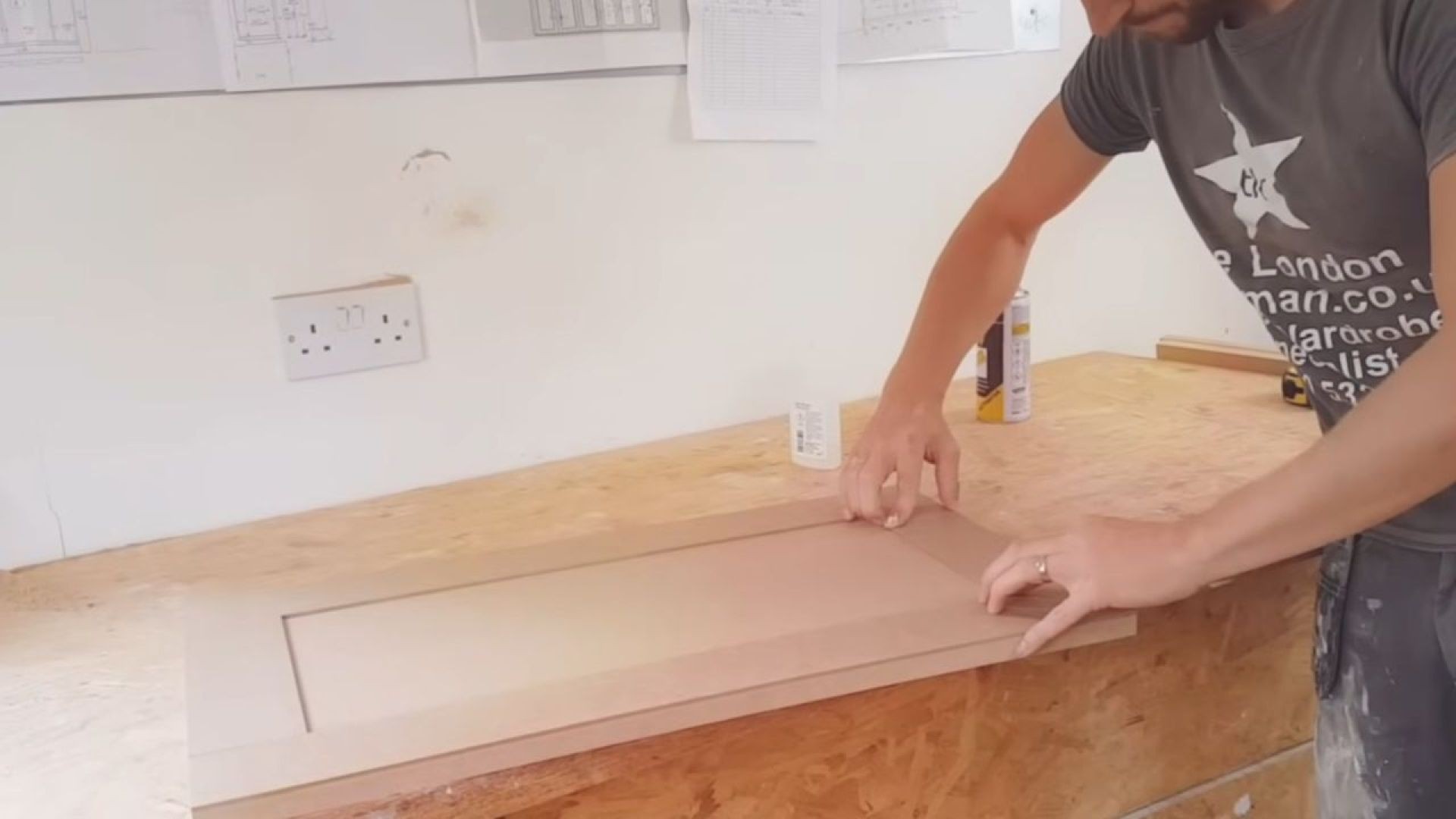
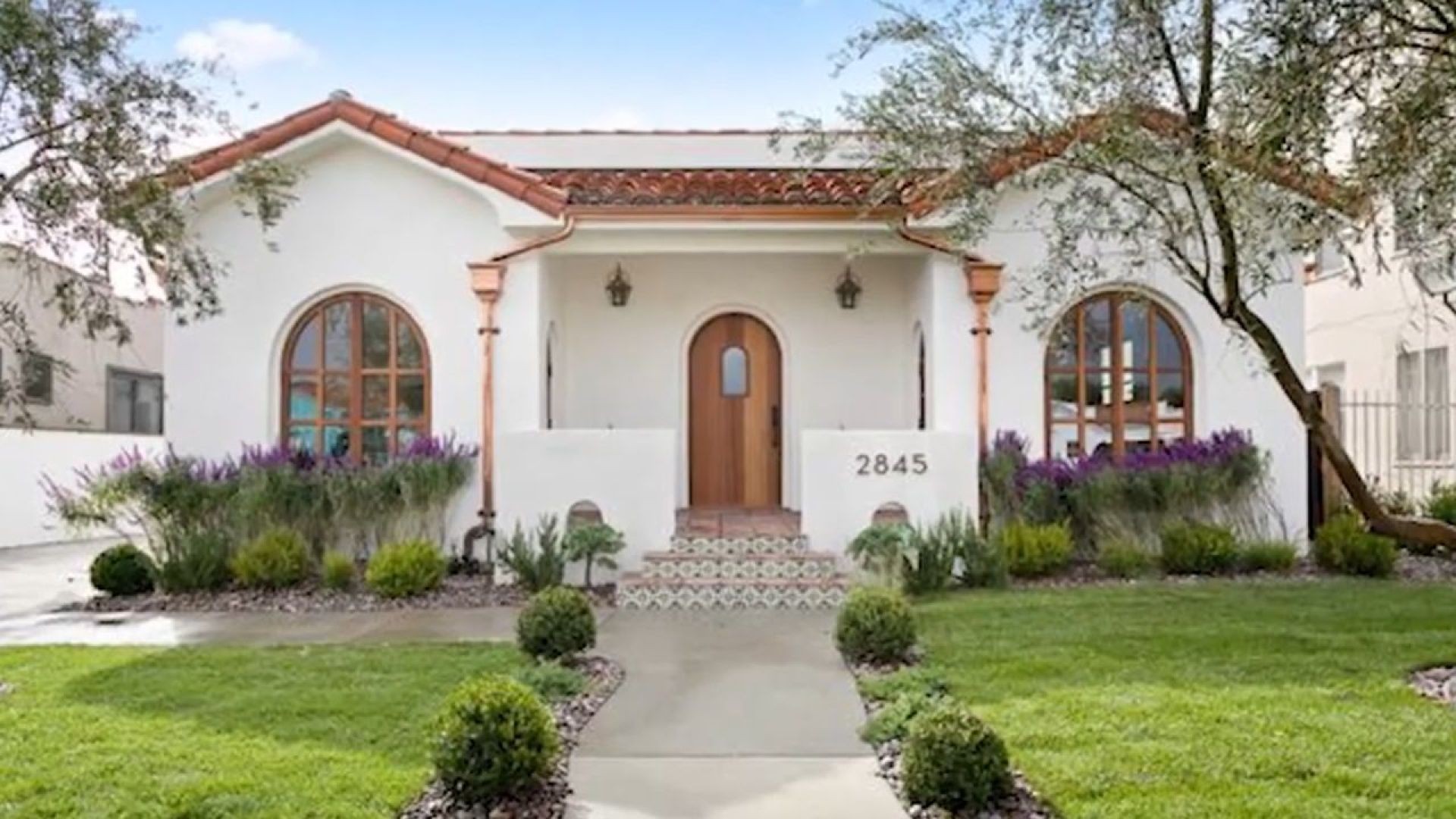






SORT BY-
Top Comments
-
Latest comments